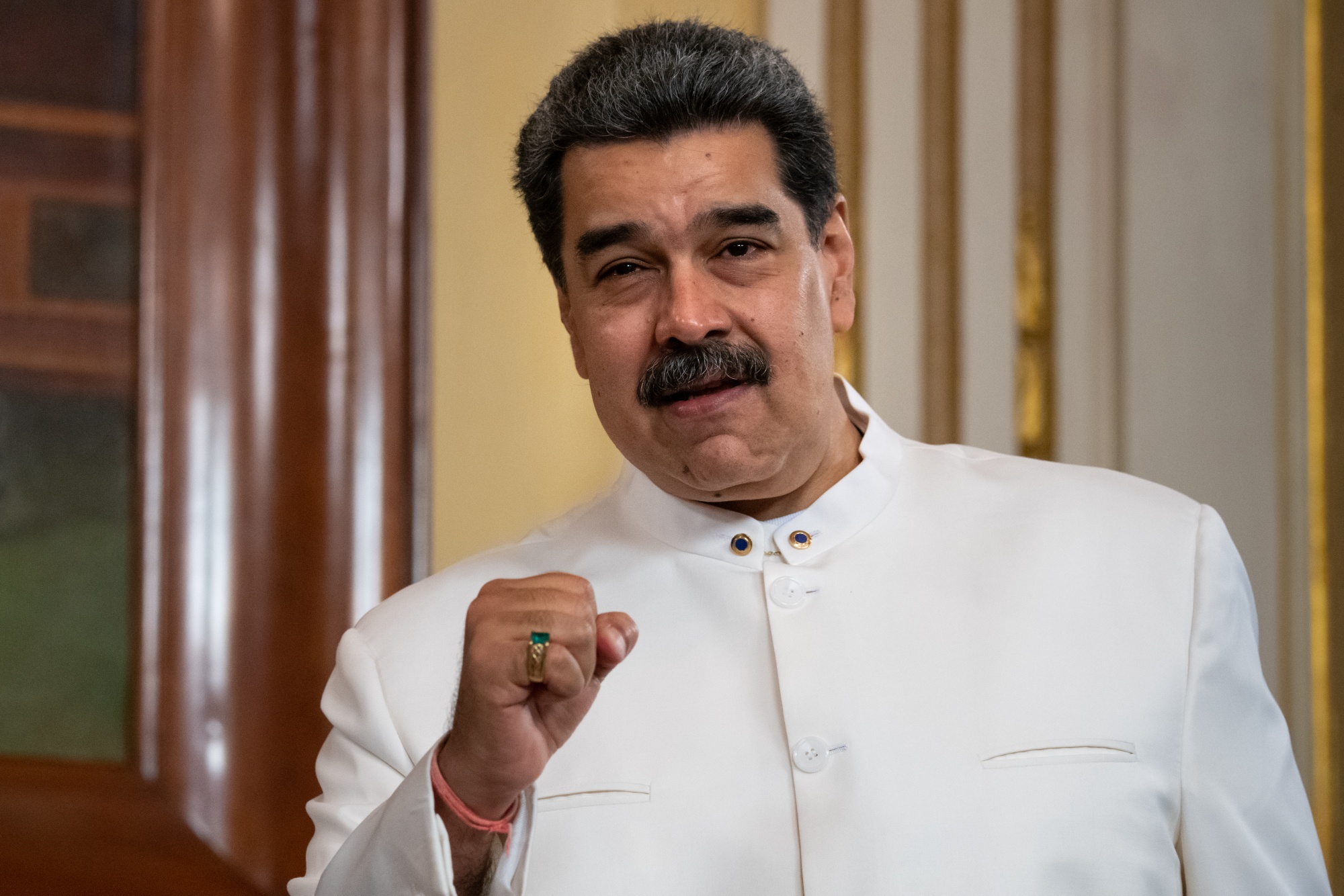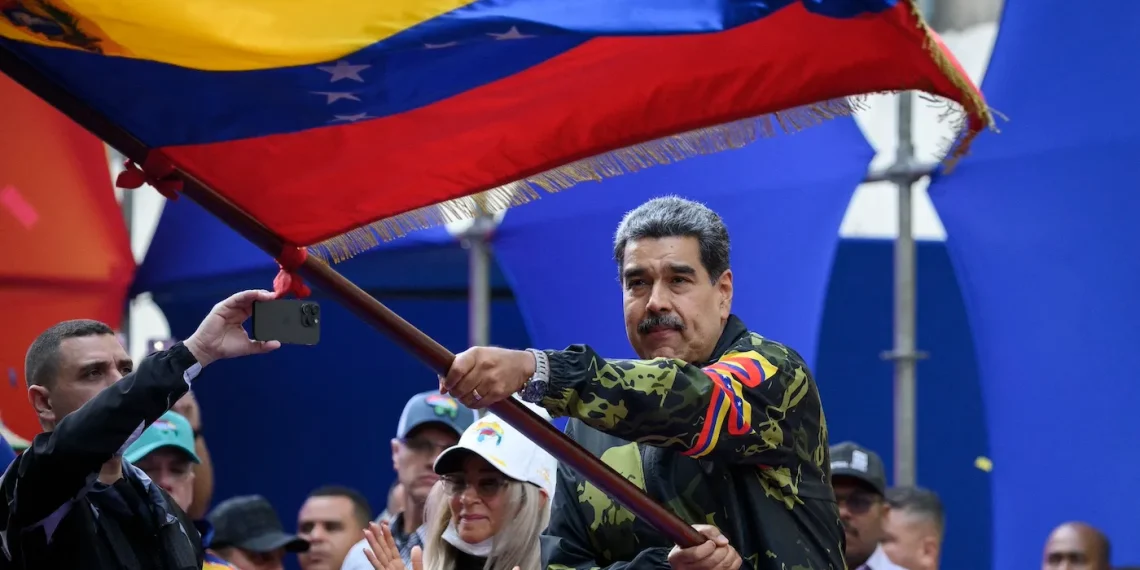The Biden administration announced the cessation of a license granting relief from Venezuela’s oil sanctions, citing President Maduro’s unmet election commitments.
The decision was made just before the deadline, with the U.S. Treasury Department issuing a replacement license allowing a 45-day period for businesses to conclude transactions in Venezuela’s oil and gas sector.
Maduro’s failure to fulfill promises made in an election deal prompted the move, marking a departure from Biden’s previous engagement approach.

While some commitments were honored, such as partial sanctions relief following the election deal, others, like allowing opposition candidates to run in the presidential election, were not met.
State Department spokesperson Matthew Miller expressed concern over Maduro’s actions, including hindering opposition candidates and unjustly detaining political actors.
Despite Maduro’s claims of meeting conditions, the U.S. reinstated sanctions, viewed by Venezuela’s government as harmful.
The decision signals a shift from Biden’s policy of re-engagement with Maduro’s government, avoiding a return to the harsh tactics employed under Trump. However, it remains open to future engagement based on Venezuela’s actions.

Concerns over global oil prices and migration influenced the decision-making process. The administration aimed to balance punitive measures with U.S. interests, seeking to avoid harming domestic oil markets or exacerbating migrant flows.
Venezuela, despite facing renewed sanctions, asserted its readiness to continue business operations with foreign companies.
However, analysts predict the reinstated sanctions will limit Venezuela’s oil production growth unless individual authorizations are granted.





